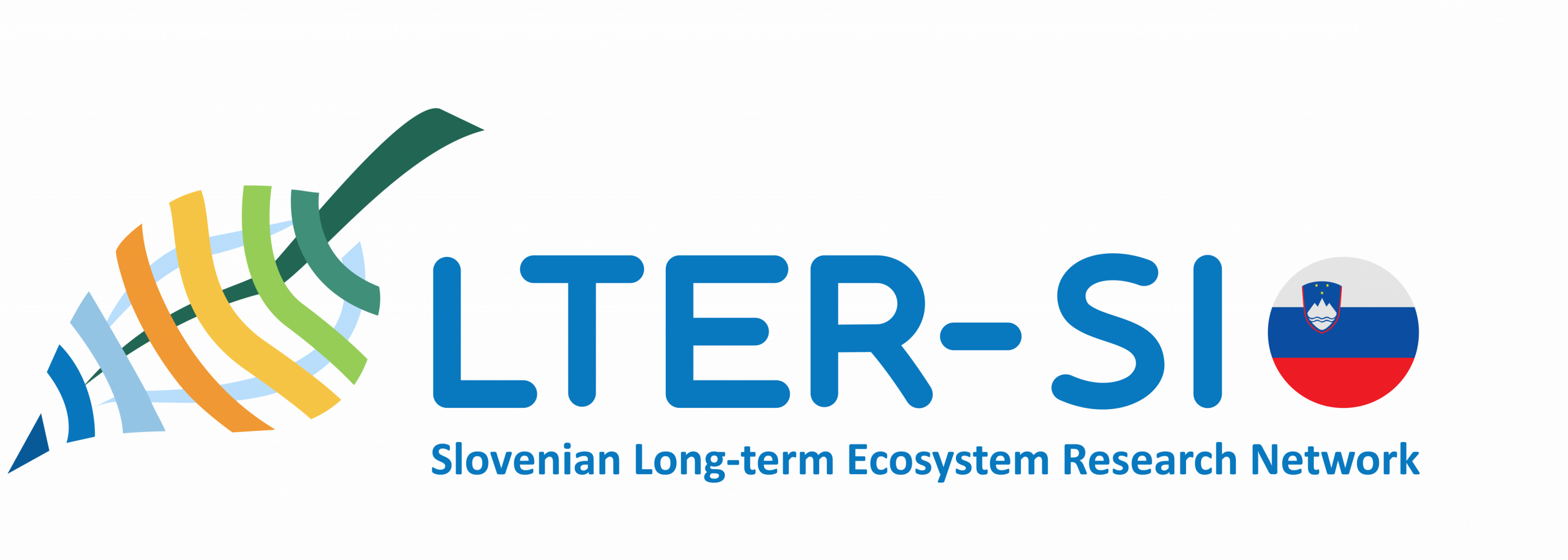Karst Research Institute at the Research Centre of the Slovenian Academy of Sciences and Arts (ZRC SAZU) is the leading partner of the LTER Slovenia consortium which belongs to the integrated European Long-Term Ecosystem, critical zone and socio-ecological systems Research Infrastructure. Within the consortium, multidisciplinary research focuses on karst areas, regions characterized by water-soluble rocks, which results in the absence of water at the surface, as water flows mainly underground through fractures. On the surface, the most characteristic karst landforms are karst plateaus and various large depressions, ranging from small sinkholes to spectacular collapses and very large poljes. In the underground, there are various cavities, from tiny fissures to large horizontal or vertical caves. Data collection in karst areas is particularly time-consuming and sometimes life-threatening as cave exploration is generally difficult. Such data are extremely valuable.
Because of their rich biodiversity and importance as drinking water reservoirs, karst areas are classified as critical zones at high risk from climate change and various human activities such as intensive agriculture and fertilizers, industry, unregulated sewage systems, and other activities associated with ecosystem pollution and disturbance.
Here we present two eLTER sites managed by the Karst Research Institute ZRC SAZU that are dedicated to the underground part of the karst system:
1. The Postojna-Planina Cave System is a globally exceptional site of subterranean biodiversity with 117 species of animals specialized for life underground. Of these, 47 species have been scientifically described, and more than 10 species are awaiting formal taxonomic description.
2. The Škocjan Caves are registered as a UNESCO World Heritage Site and protected by the Ramsar Convention. Both sites are also internationally renowned tourist attractions that have major socio-economic impacts that must be taken into account when making conservation plans.
The film was produced and co-financed by the Karst Research Institute ZRC SAZU under the auspices of the EU HORIZON 2020 eLTER PPP and eLTER PLUS projects.

